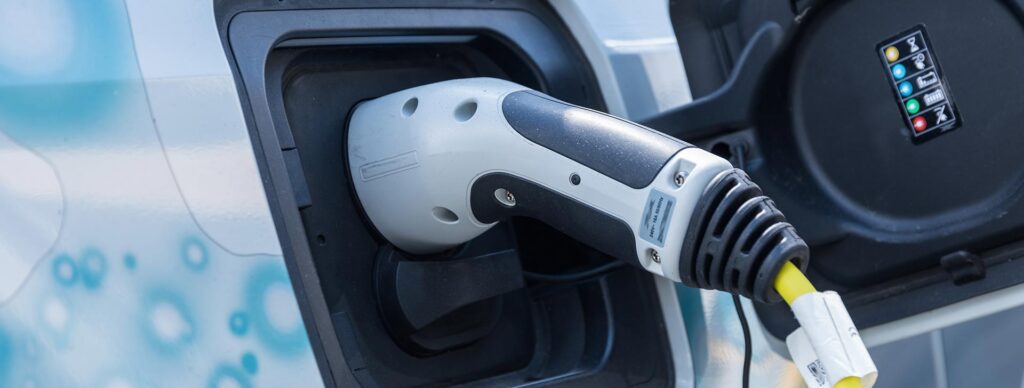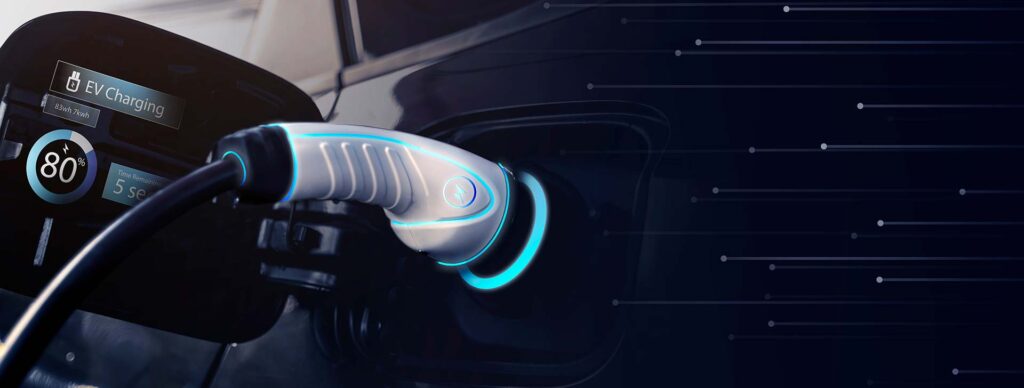Electric vehicles are increasingly being preferred as an environmentally friendly and economical alternative. However, with the use of these vehicles, there is a curiosity about the types of electric vehicle chargers. The most common types of chargers encountered by electric vehicle owners are AC (Alternating Current) and DC (Direct Current) chargers.
AC (Alternating Current) Charging

AC charging is a widely preferred charging method for daily use of electric vehicles. AC charging, which is done by connecting to standard household sockets and AC charging stations at workplaces, generally provides charging at lower powers. Although AC charging is usually done at an average speed, it is seen as a sufficient option for daily use. Home-type AC charging stations generally provide charging power of up to 7.4 kW, allowing the vehicle’s battery to be charged in a few hours.
DC (Direct Current) Charging
DC charging, on the other hand, offers faster charging and is usually found in public charging stations. DC charging stations provide high-power DC current directly to the vehicle’s battery, allowing the battery to charge more quickly. Especially during long journeys, electric vehicle owners generally prefer DC fast charging stations. These stations can provide charging power ranging from 50 kW to 350 kW, allowing vehicles to be charged in a shorter time.
Electric Vehicle Charging Costs

The cost of charging an electric vehicle can vary significantly based on several factors, including the vehicle’s battery size, the local electricity rate, and the type of charger used. On average, charging an electric cars at home can cost between €0.03 to €0.25 per mile, depending on these factors. Public charging stations may have different pricing models, such as pay-per-use or subscription-based plans. Some charging stations offer free charging, while others may charge a flat fee or a fee based on the amount of energy consumed. It’s essential for electric vehicle owners to consider these costs and charging options to effectively manage their charging expenses.
*Prices are subject to change.
Electric vehicle owners can choose suitable charging stations according to their charging needs to charge their vehicles. Although AC charging is generally sufficient for daily use, it may be more reasonable to prefer DC fast charging stations for long journeys. In this way, electric vehicles owners can charge their vehicles faster and more efficiently.
You Might Be Interested:
What Should the Tire Pressure of an Electric Car Be Like in Winter?
What are the Parts of Electric Vehicles?
What is the Suspension System in Electric Vehicles?
